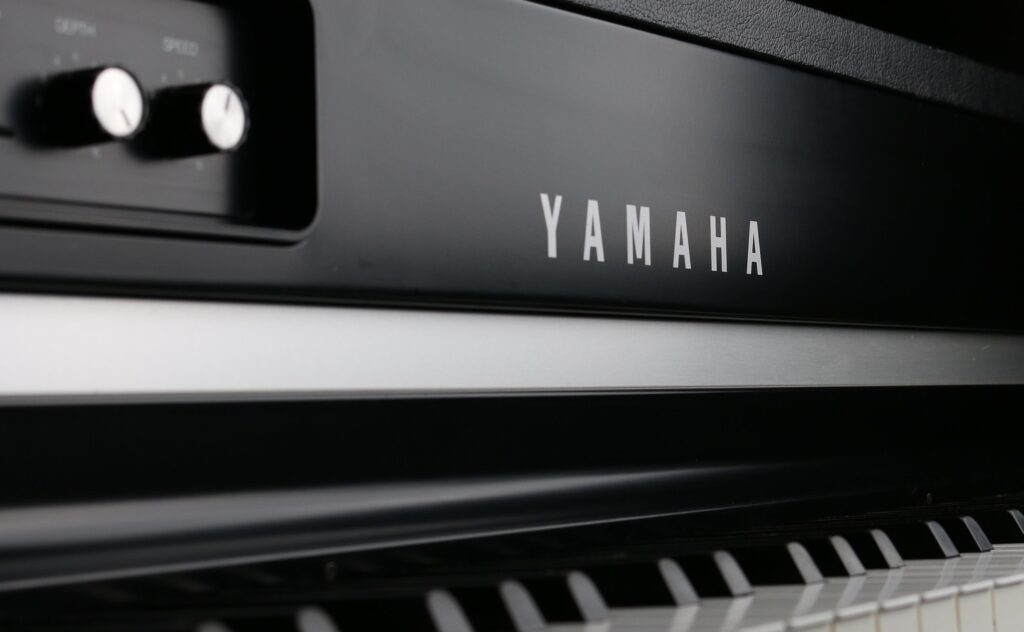As a musician and artist, the thought of trademarking for musicians might have come across your radar. That is because building your trademark is essential for protecting your songs and performances from being used or rebroadcast by others. It may take time to build your brand, but once established, your trademark should be registered with the US Trademark Office. Two of the most common questions with respect to applying for trademark registration are, “What are international classes of goods and services?” and “Why do I need to choose one (or more)?”
In simple terms, for trademark purposes, thousands and thousands of commercial goods and services have been standardized by the many trademark offices in countries across the world. There are several international treaties that apply to trademarks and one of those treaties created international classes of goods and services. These classes have been given a general number from 1 to 45. As an example, many performing artists choose Class 41 for services relating to live musical performances. However, Class 44 is the proper choice if you are a therapist wanting to trademark music therapy services.
Furthermore, within each category there are dozens, and sometimes hundreds, of subcategories. For example, with respect to Class 41, here are few of the subcategories:
- Entertainment services, namely, live performances by a musical group
- Production services related to musical performances
- Production services related to musical videos
- Organization of exhibitions for musical entertainment
- Rental of musical instruments
- Entertainment services, namely, planning arrangement for musical performances
- Publication services related to musical texts
- Music transcription for others
- Music composition services
- Providing services related to a website featuring musical performances
- And many more
In general, trademarks are used with only limited categories of goods and services and similar trademarks can coexist if they are insufficiently different commercial channels. This is why Delta Airlines and Delta Faucets can both have trademarks with respect to the word “Delta.” The two businesses offer very different commercial products, and consumers will not confuse the two trademarks.
When a musician or artist attempts to register a trademark, the Trademark Office requires that the applicant choose one or more international classes with which the trademark will be used. It is important to choose the correct class of goods and services and to choose the correct subcategory. Both songwriters and performing artists will want to choose Class 41, but the subcategories will be different. Picking the wrong subcategory can lead to costly delays at the Trademark Office or even a denial. This is one reason to retain an experienced music industry trademark lawyer to help with your trademark application.
Musicians and performing artists are not limited to one choice. Indeed, many artists choose two or more classes of goods and services. There are additional costs since the Trademark Offices charges $225 to $275 for each extra class of goods selected with the application. But these extra fees are minimal when it comes to protecting your brand. Other classes that are often selected include Class 9 for recordings, Class 16 for printed music, Class 25 for wearing apparel like t-shirts and Class 21 for mugs, glasses, and certain household and kitchen items.
Contact an Experienced New York Trademark Lawyer Today
For more information, contact the trademark and entertainment lawyers at Cordero Law. Our practice focuses on the music industry. We have the experience to help get your trademark registered. Our approach is to provide top-tier legal services by working with our clients rather than simply working for them. Contact us via our online Contact Page or by calling (212) 960-8890.

